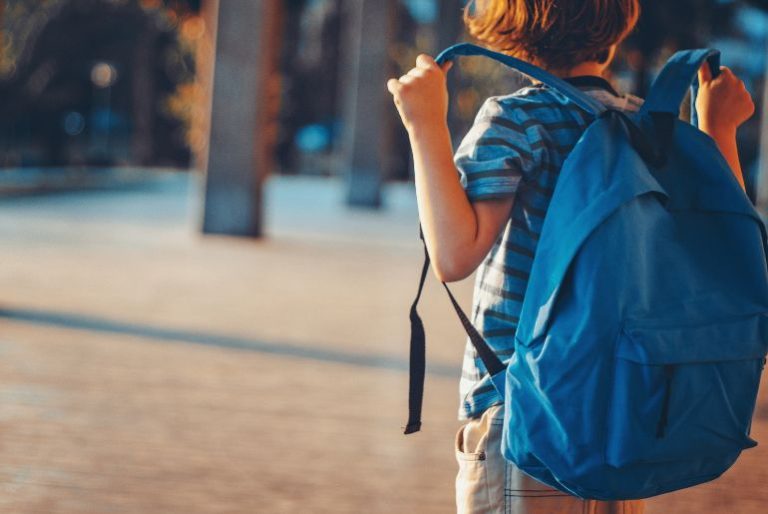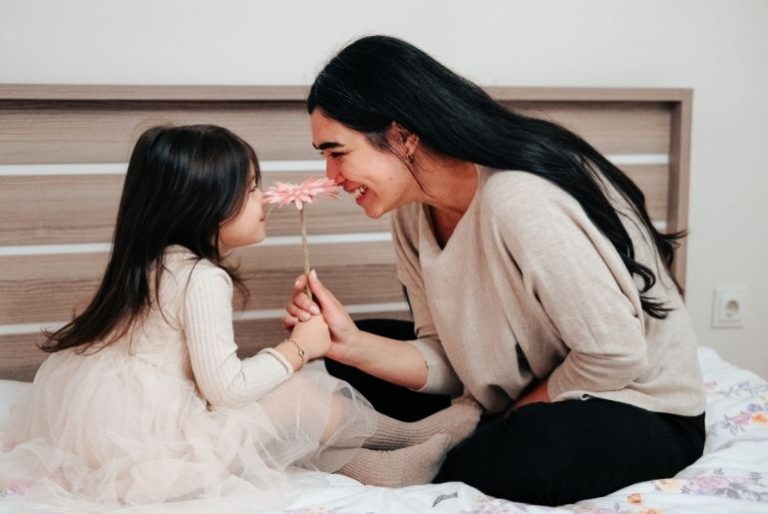All around the country families are starting to prepare for their child’s return back to school or even starting school for the first time!
We’re finding or buying school bags, books, clothes, sandals, uniforms for some and generally starting to get our heads into gear for the big transition back to school.
If it’s a new term during the year, we’re replacing worn out shoes and lunchboxes, resetting before or afterschool care, getting notices about new sport team or other activity options.
For most of us parents, there’s a lot to think about and prepare. One thing’s for sure, it’s a transition and such a transition can bring its challenges as well as excitement!
In this article, I’ll share some thoughts that might help to make the transition a little bit smoother.
The more prepared for Back to School you are, the easier it will be
For children to feel less daunted and more empowered with their coming change, it helps if they feel they have some choices.
Involving your child in buying their new school bag, letting them choose their pencil case, writing their name on their books can all help increase their excitement and sense of involvement.
Starting school or a new class or heading back to school for the new term can be a huge change for a child, so the more we can infuse happy, loving, fun-filled feelings into the whole experience, the more likely it is that our enthusiasm will become infectious.
Foster a positive relationship with the teacher
As your child’s attachment figure, you can do a lot to help your child form a strong connection (strong attachment) with their new teacher.
We understand now, more than ever before, that the child’s emotional wellbeing and strong sense of trust, acceptance and belonging in their class and school forms the foundation for a positive learning experience and a healthy relationship to their learning.
Do you know the new teacher? Can you find out a little bit more about them – for instance, perhaps the new teacher is very sporty and you can talk about games they might play in school, or has long hair like mum or rides a bike like they like to, or is a parent themselves…
Or while reading to your child: “I’ll bet your teacher has some great books that she’ll be reading out loud to you in class this term, do you think that’ll be exciting to listen to a story with a whole big bunch of friends?”
Talking about school in a positive way increases your child’s feelings of security and inclusion
Our children instinctively scan our response to others. Your positive expectations can help your child feel more secure about their new relationship with their teacher and school in general.
Can you visit the school and walk around now before they start?
Do you know other children in your child’s class? Can you arrange play dates to strengthen the bond with one or two other children in their class?
Be proactive in introducing yourself and your child to the teacher at the start of term and perhaps staying a bit longer in the mornings until your child gets engaged in the class activities.
Set up new and positive routines and stick to them
Being there as soon as school ends can help your child’s sense of security.
Get into the new bedtime and getting up rhythm before school starts and make sure that you get up early enough to allow the mornings to be more enjoyable than stressful.
It’s generally hard for children of any age to separate from their parent in the morning if there’s been tensions and hard feelings between them before school. Some parents become more distant to discourage their child’s clinginess, but this generally has the opposite effect!
When saying goodbye, give your child a very heartfelt loving good bye to fill up their love tank to get them through till they see you again later. The warmth you give your child in the mornings can fill them, surround them and help them stay strong when away from you.
Listening to your child’s feelings gives them strength
If your child has fears or reservations about starting in the new school or new class, create some quiet time to really listen and let them air their concerns.
Perhaps they can’t verbalise their feelings, but you see their fears reflected in their out of balance behaviour. Relating to and speaking to the imagined feelings that drive their behaviour will help them feel more secure again and bring their behaviour back to balance at the same time.
Seeing that you’re taking their feelings seriously and working hard to help them feel supported and cared for will likely give your child strength and reassurance.
Don’t be afraid of your child’s fears
Fears and frustrations generally only lead to bigger problems when a child feels alone with them or feels judged for having these feelings.
If your child tells you they’re afraid of the big kids in the playground or that they’re going to miss you too much and don’t want to be away from you, avoid dismissing their concerns or telling them that they should focus on the positive aspects of school, as this can feel overwhelming and cause little worries to turn into huge fears.
Instead, show your child that you’re really listening and taking their concerns seriously, yet remaining confident about the whole experience yourself. Children receive our reassurances with more confidence when they are confident that we’re really caring about their concerns.
Find out more about reducing your child’s anxiety here.
And for heaps more parenting tips, see our Grown ups: Parenting advice section.





